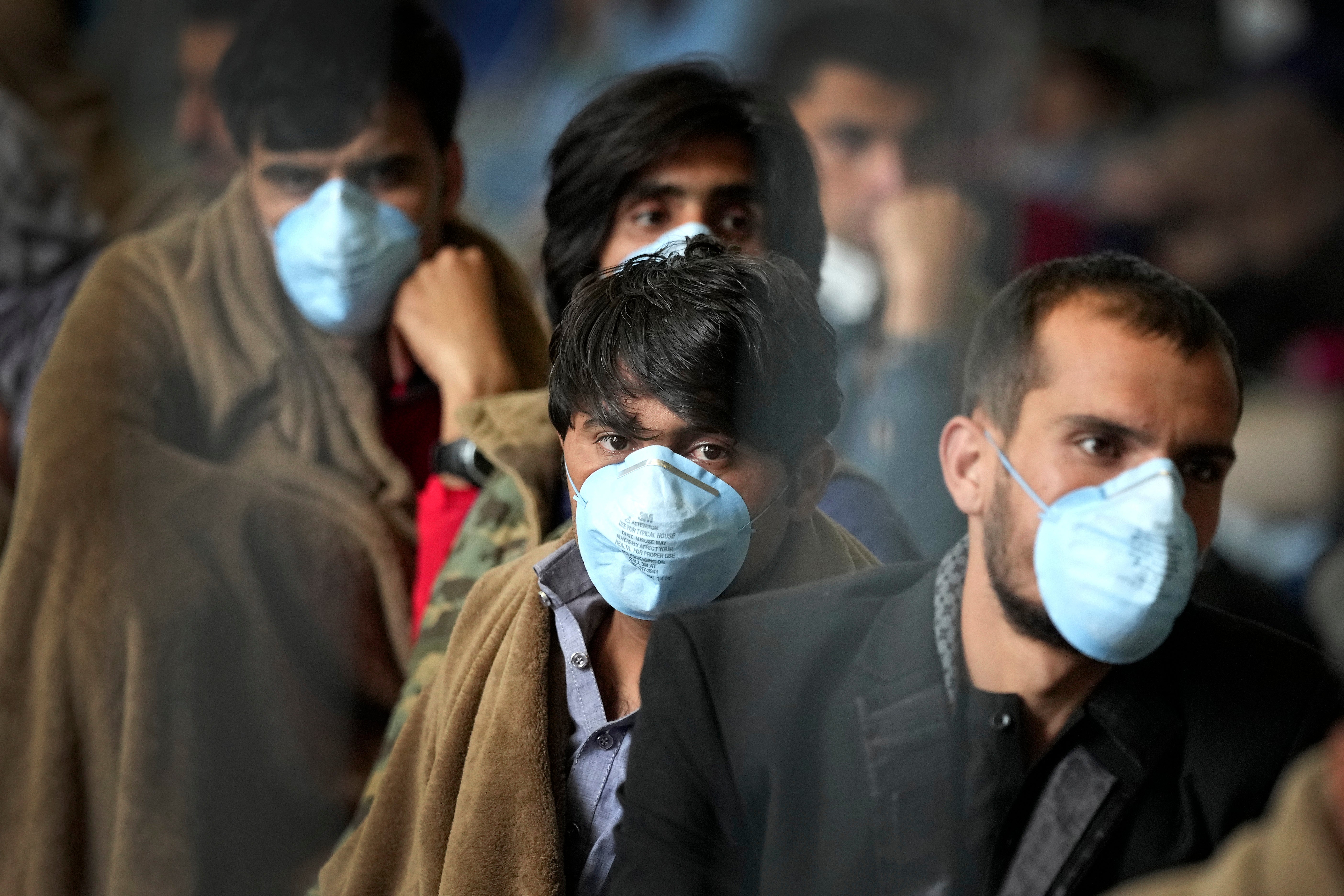Germany will welcome up to 40,000 people still in Afghanistan
The German government is in talks with Afghanistan’s neighbours to find ways to secure a safe passage for development workers out of the country

German Chancellor Angela Merkel has vowed Tuesday to offer German residence to up to 40,000 local Afghan staff working for development organisations if they feel their lives will be in danger.
The German Chancellor said those workers have the right to be evacuated, and they have become the main focus of her government. She also confirmed most of the German police and armed forces members have already left Afghanistan.
On Monday evening, the last US troops left Hamid Karzai international airport shortly before a midnight deadline for a full withdrawal of all foreign troops, marking the end of the 20-years long war.
A massive evacuation operation by western troops preceded the departure of the last flight that saw tens of thousands of foreigners and Afghans leave the country after the Taliban had taken over the capital city of Kabul.
But while the military and police work came to an end after the 31 August deadline, humanitarian and development aid in Afghanistan has never stopped.
Germany has identified tens of thousands more people who need to be evacuated from Afghanistan, including German citizens, local Afghan staff and at-risk groups such as human rights activists and journalists.
Thousands of aid workers remain in the country, and many of them now feel endangered under the Taliban rule.
Speaking at a Berlin news conference with her Austrian counterpart, Mrs Merkel said: “For us, the focus at the moment is local staff, and that’s not 300 people, that’s probably more like 10-40,000 people, and we will have to see how many of them want to leave the country and how many not.”
“As we’ve seen, nobody takes the decision to leave their home lightly,” she added.
German Foreign Minister Heiko Maas told journalists on Monday his government secured Uzbekistan’s agreement to open its borders to people on a German list of those at-risk in the country and who need to be evacuated.
Mr Maas is on a trip to Turkey, Uzbekistan, Tajikistan, Pakistan and Qatar, among others, to find ways to evacuate these people, either by plane if Kabul airport can be kept open after NATO withdraws or overland to neighbouring countries.
Additional reporting by agencies
Join our commenting forum
Join thought-provoking conversations, follow other Independent readers and see their replies
Comments
Bookmark popover
Removed from bookmarks